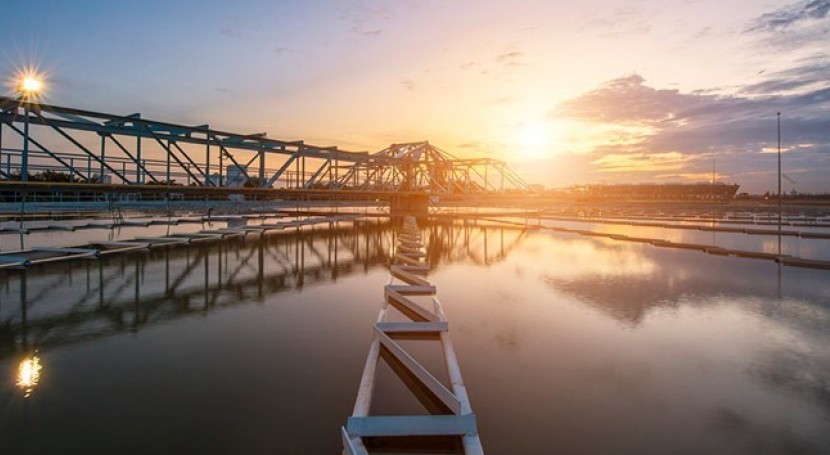Despite critically dry conditions across the state, Southern California can count on a reliable water supply thanks to conservation efforts and the Metropolitan Water District’s investments in storage and diverse supplies, agency officials say ahead of the release of the state’s snow survey.
The state Department of Water Resources snow survey is expected to provide the latest evidence that precipitation totals this year in the Sierra Nevada are far below average. The survey comes on the heels of DWR dropping the State Water Project water supply allocation from 10 percent to just 5 percent of contracted amounts, matching the record-low allocation recorded six years ago.
The supply cut means Metropolitan will likely receive less than one month’s usual supply of water this year from the state project, which on average provides about 30 percent of Southern California’s water supply, Metropolitan General Manager Jeffrey Kightlinger said.
Jeffrey said: “In the long term, this is an alarming trend. And it’s what we have expected from climate change. The droughts are going to be drier. The peak storms are going to be stronger. The whole weather system is going to be flashier, much more volatile.”
Metropolitan is managing through such volatility by taking advantage of wet years, like 2017 and 2019, to move as much water into storage as possible. The agency has increased its total storage capacity by 13 times since 1990, investing in surface and groundwater storage across the southwest.
Metropolitan now has more water in storage than it ever has before – a total of 3.2 million acre-feet. An acre-foot is the amount used by three typical Southland households in a year.
Jeffrey said: “The good news is, we have enough water to get through this critically dry year. We’ve been preparing for droughts like this. We have sufficient water in storage, Southern Californians have done a great job conserving, and the Colorado River provides a sort of insurance. But in the long run, we have to do much more to get prepared for the impacts of climate change. All of California’s sources of water are facing serious long-term challenges.”
Statewide, more investment is needed in projects to capture and store water when it is available, such as the Delta Conveyance Project, which would more sustainably move water across the Sacramento San Joaquin Bay-Delta. Such efforts are critical to help the state adapt to the emerging impacts of climate change, where average snowpack will be dramatically reduced and precipitation will fall in increasing large rainstorms, Jeffrey said.
Do you have an article to share? Click here to submit. If you’d like to subscribe to our weekly newsletter, click here.







